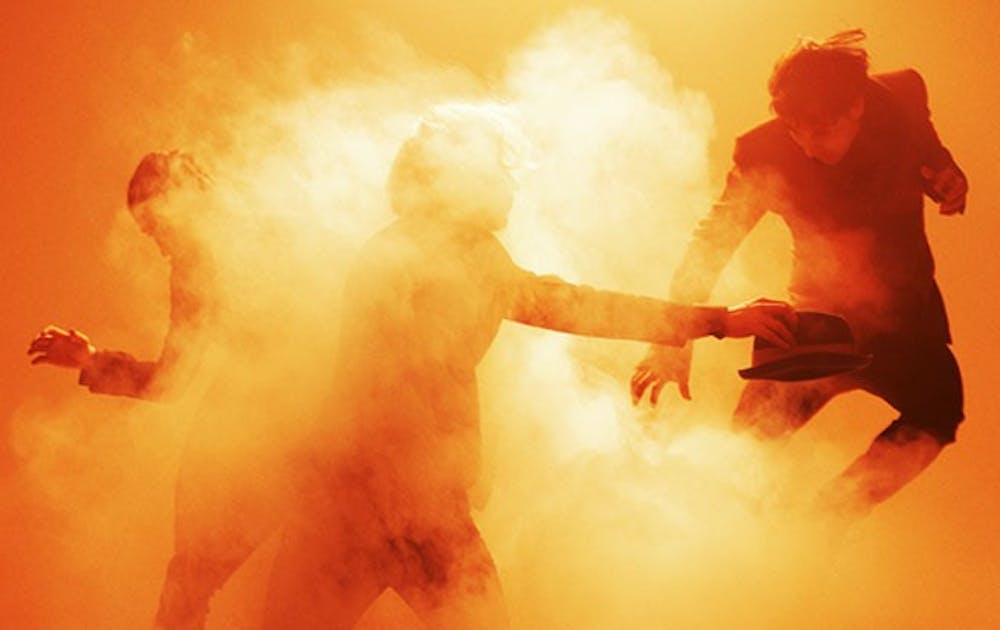Unknown Mortal Orchestra are difficult to define and they like it that way. The group’s first ever single, “Ffluffy Ffriends,” was uploaded anonymously to Bandcamp and it remained anonymous until its frenzied fanbase tracked down the artists responsible. Their self-titled debut crosses many genres, all ribs on a backbone of psych-soul sound. Over a year later, they’ve now released II, an album that hybridizes with even more zeal than the first.
II is a remarkable testament to ’60s psychedelic rock. The vocals—sung by New Zealander Ruban Nielson—are reminiscent of John Lennon and Art Garfunkel. The deceptively simple instrumentals recall the Grateful Dead, with basic drum patterns and fluid guitar lines. The aesthetic reminds me of another contemporary band that also riffs off classic sounds but has still carved an original identity: Woods. While Woods chooses to incorporate heavier, more jarring distortions, UMO spices up its light-hearted jam-band sound with funk and soul influences. Throughout, UMO retains its characteristic gritty garage vibe, fuzzy lo-fi textures and grooving falsetto.
UMO was very mindful to not get lost in its own very relaxed, sun-soaked beats. Sunshine pop has the tendency to be monotonously bubbly, but II is filled with tracks that reconcile complex emotions and various musical approaches. Opener “From the Sun” juxtaposes understated, upbeat guitar and vocals with its desolate lyrics. That dissonance—between calm cheerfulness and voiced discontent—allows the potentially superficial track to be relatable. Lines like “Isolation can put a gun in your hand” and “If you need to, you can run away from the sun” present themes of homesickness and loneliness that complicate the tone of nearly every track. “So Good At Being in Trouble,” Nielson’s personal favorite, is much more soulful. Nielson croons offhandedly into the microphone, and he sounds like a soft-spoken, less masterful Stevie Wonder. The lyrics are simple but provocative, delivered casually like folk tunes but with the dulcet melody and easy mobility of funk. The next track, “One At A Time,” veers in a different direction, showcasing the band’s versatility. The song emphatically and successfully combines old-fashioned blues and acid funk, wah-wah pedals and sticky garage vocals.
Not all of UMO’s experiments turn out well. “Monki” is one of the rare instances where a track’s analogue vocals don’t incorporate with its instrumentals. It sounds very distant and Nielson’s vocals—elsewhere vulnerable—sound aloof. “Dawn” is too short, too atmospheric and misses Nielson’s voice. Both tracks lose UMO’s minimalist charm and never fully synthesize. But other than these two miscues, most of the album revitalizes decades-old psychedelic pop with a few new twists.
Get The Chronicle straight to your inbox
Signup for our weekly newsletter. Cancel at any time.

